The Marvel Legacy: A Journey Through History and Achievements
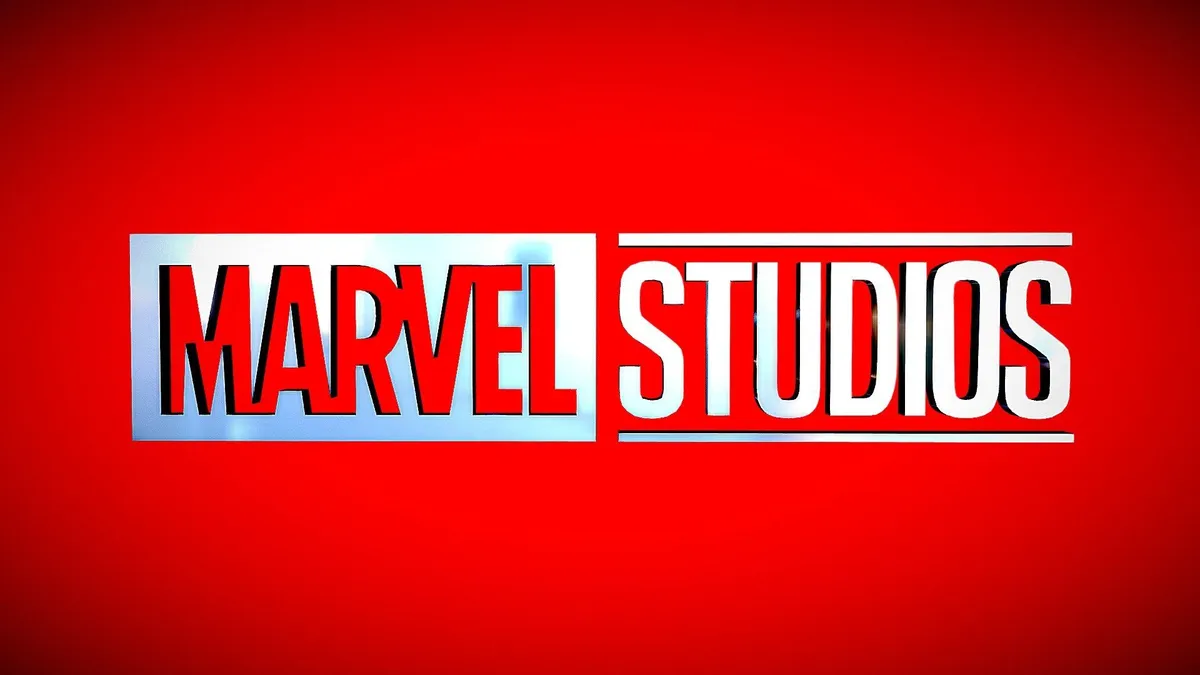
The Marvel Legacy: A Journey Through History and Achievements
Marvel Entertainment has captivated viewers for more than 80 years, making it a behemoth in the comic book and movie industries. The roots of Marvel, the development of its characters, and its significant influence on popular culture will all be covered in this article. From its modest origins as Timely Publications to the worldwide success of the Marvel Cinematic Universe, Marvel has not only revolutionized superhero storytelling but also used its stories to influence social mores and morals.

Marvel Comics

An Overview of Its Early History
Timely Publications was the moniker under which Marvel’s existence began in 1939. The foundation for the future superhero heritage was laid with the publication of Marvel Comics 1, which included characters like the Human Torch and Sub-Mariner. During a period when America was struggling with the impacts of the Great Depression and the approaching World War, the early comics’ vivid artwork and exciting tales drew an increasing following.
The Comic Book Golden Age
The popularity of the superhero genre skyrocketed in the 1940s. During World War II, figures like as Captain America, who was developed in 1941 by Joe Simon and Jack Kirby, appealed to a nation at war and functioned as patriotic emblems. The iconic punch to Hitler on the cover of Captain America’s debut appearance struck a chord with the American people and cemented the significance of superheroes as cultural icons.
A wide variety of characters from other companies, like as Wonder Woman and Superman, were also introduced at this time. However, Marvel’s characters were more relevant to its fans because they frequently mirrored real-world problems. The exploits of these legendary characters, who frequently faced off against villains that personified the perils of the day, provided viewers with comfort while soldiers served overseas.
The Silver Age: A New Era of Storytelling
The Creative Revolution
An important turning point for Marvel occurred in the 1960s. The business started to experiment with its storytelling under the artistic direction of Steve Ditko, Jack Kirby, and Stan Lee. Known as the Silver Age, this era brought in nuanced people that battled social and personal problems.
After making his debut in Amazing Fantasy #15 in 1962, Spider-Man came to represent adolescence by juggling his heroic duties with the difficulties of puberty. For fans, Lee’s maxim “with great power comes great responsibility” struck a chord, elevating Spider-Man’s story above simple escape.
Complexity and Character Development
During this time, Marvel’s characters were characterized by their weaknesses and imperfections. For example, Tony Stark, the rich businessman and weapons manufacturer who embodied Iron Man, had to deal with the ethical ramifications of his creations. Because of this intricacy, the audience was able to relate to the characters on a deeper level and started to recognize themselves in them. Storylines such as “The Night Gwen Stacy Died” questioned traditional superhero clichés and showed that the stakes in superhero stories may be quite high.
The Birth of the Marvel Cinematic Universe
From Page to Screen
The early 2000s witnessed a rebirth of superhero movies with differing degrees of success as comic book characters started making the leap to the big screen. But the Marvel Cinematic Universe (MCU) as we know it began with the 2008 release of Iron Man. In addition to receiving positive reviews, Jon Favreau’s Iron Man, which starred Robert Downey Jr., laid the groundwork for a networked cinematic universe that would grow over the next years.
Dominance at the box office
The MCU soon surpassed all previous film franchises in terms of total revenue. In addition to smashing box office records, blockbusters like The Avengers (2012), Black Panther (2018), and Avengers: Endgame (2019) also changed the movie industry. Before being overtaken by Avatar in a re-release, Avengers: Endgame alone brought in over $2.798 billion globally, making it the highest-grossing movie.
Character arcs, complex world-building, and crossover events that pulled viewers into a wider story are all factors in the MCU’s success. Marvel’s well-planned marketing campaigns and release schedule generated excitement that kept viewers interested in between movies.
Cultural Impact and Social Responsibility
Representation and Diversity
Marvel has made great efforts to be more inclusive in recent years, realizing the value of representation in narrative. With the release of the 2018 movie, which included African culture and offered representation in a mainstream superhero movie, characters like Black Panther, who debuted in Fantastic Four #52 in 1966, became cultural icons.
Additionally, a rising awareness of the need of varied storylines is seen in the creation of characters like Kamala Khan, a Pakistani-American adolescent who becomes Ms. Marvel. Fans from many walks of life have been able to identify with the heroes they look up to because to this inclusion.
Engaging with Social Issues
Marvel has not hesitated to use its narratives to highlight current societal concerns. The stories have been deeply entwined with themes of racism, mental health, and moral quandaries. For instance, the Falcon and the Winter Soldier series explored the complications encountered by Sam Wilson, who assumes the role of Captain America, while addressing problems of race and identity in America.
Marvel has made its stories relevant in the modern era by using these storylines to both entertain and encourage dialogue about important social issues.
Awards and Recognitions
Accolades in Film and Television
Marvel’s movies and television shows have won several accolades, demonstrating their influence and caliber. The MCU has received Academy Awards in categories including Best Production Design, Best Original Score, and Best Visual Effects. Black Panther’s cultural significance was highlighted by the fact that it won three Oscars, including Best Original Score and Best Costume Design.
Pop Culture Influence
Marvel’s impact is not limited to the big screen. From toys to apparel, the firm has built a huge empire of items, and its characters are now commonplace in video games and animated shows. Fan culture has been heightened by events such as Comic-Con International, where Marvel’s presence attracts large audiences and creates a great deal of enthusiasm.
The emergence of conventions has promoted a feeling of community and a common passion for the Marvel world by enabling fans to interact with their favorite characters and creators.
Future Directions
Upcoming Projects
New characters and storylines will be explored in forthcoming movies and television shows as Marvel continues to broaden its world. Fans are talking about projects like Fantastic Four, Blade, and the X-Men’s arrival in the MCU. Marvel’s commitment to character development and narrative will probably be essential to its continued relevance in the entertainment industry.
Marvel’s Legacy
Marvel’s influence on society and narrative, in addition to its financial success, defines its legacy. As society and fan expectations have changed, the firm has consistently pushed the limits of the superhero genre. Marvel’s dedication to innovation guarantees that it will continue to play a significant role in entertainment for many years to come.
Conclusion

The lasting power of narrative is demonstrated by Marvel’s transformation from a tiny publishing business to a cultural phenomenon. Audiences all throughout the world have been challenged, motivated, and entertained by its characters. Marvel is dedicated to reflecting the world around it as it develops further, making sure that its legacy will be felt for many years to come.
You also may like: newstimzone.com/entertainment




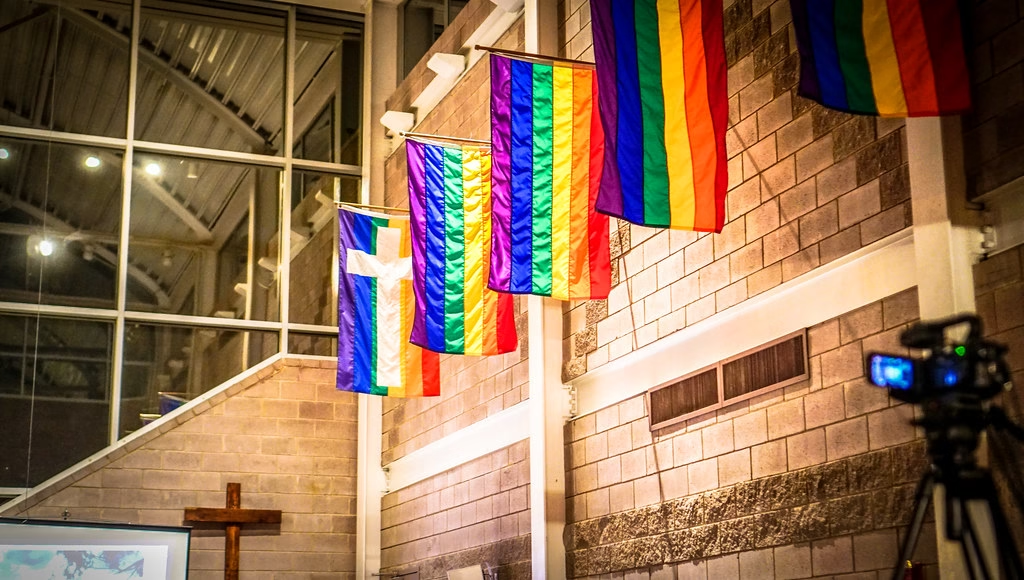
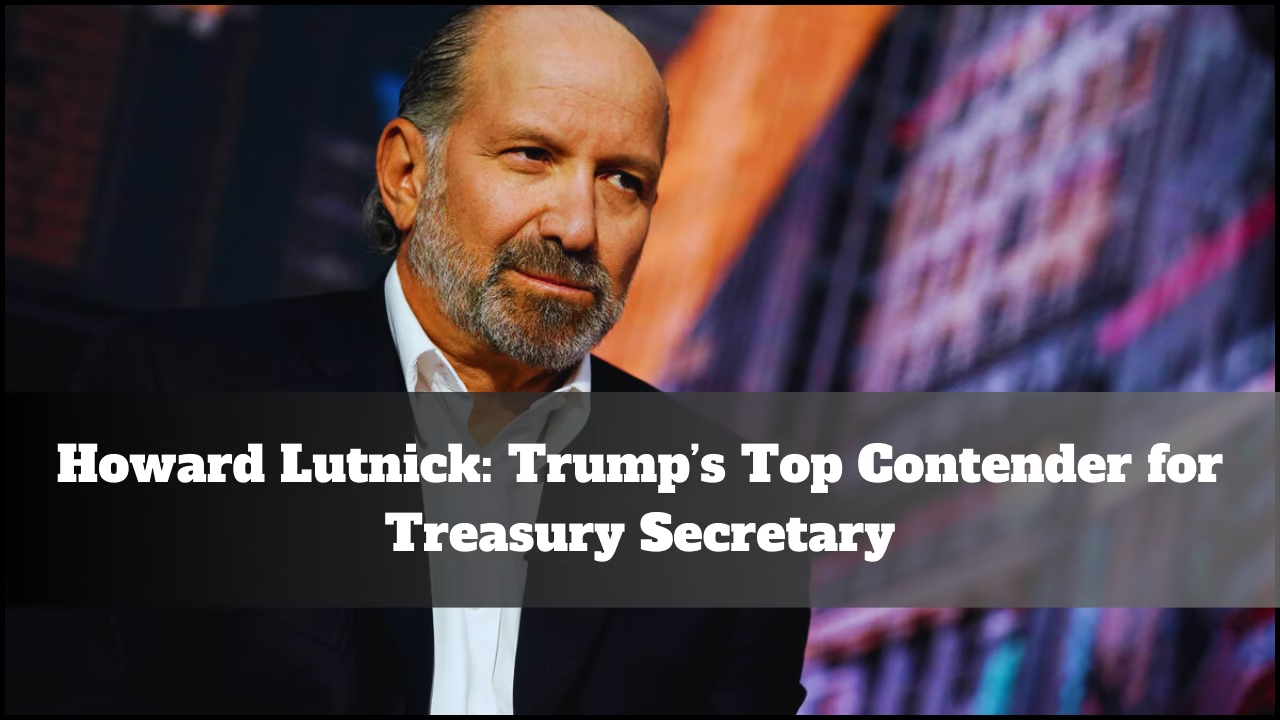





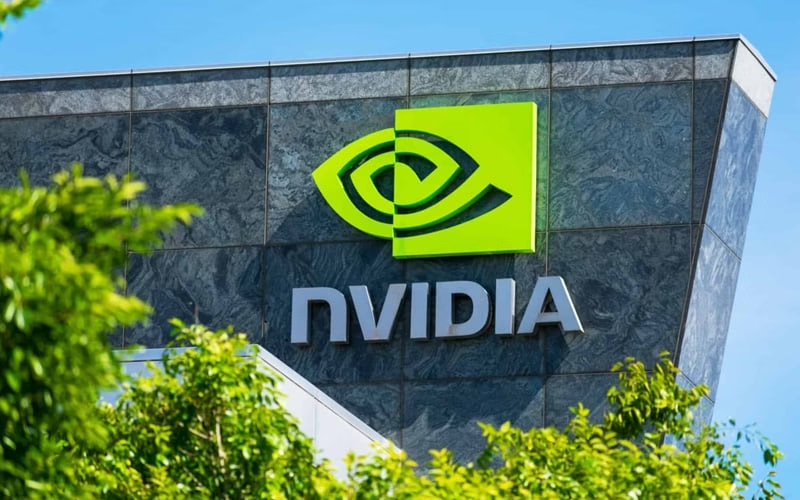







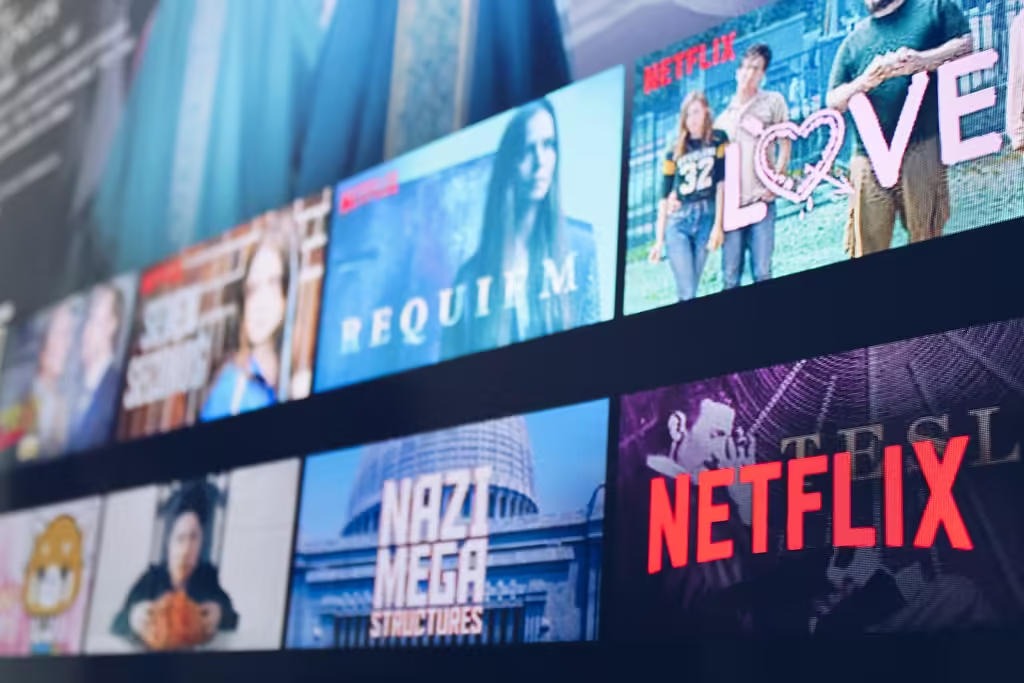
The Reasons 2024 Will Be the Year of Reboots and Remakes: The Nostalgia Trend in Hollywood
November 2, 2024[…] The Marvel Legacy: A Journey Through History and Achievements […]
2025 Grammy Awards Nominations: Celebrating Music's Biggest Night
November 2, 2024[…] The Marvel Legacy: A Journey Through History and Achievements […]
Box Office Revival: How Barbie and Oppenheimer Sparked Cinema's Comeback
November 2, 2024[…] The Marvel Legacy: A Journey Through History and Achievements […]